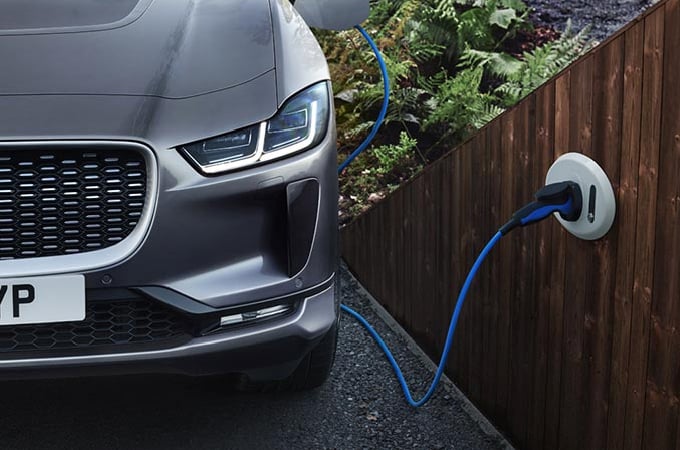The UK's first EV battery strategy has been published, alongside the Government's Advanced Manufacturing Plan, which sets out a 2030 vision for the UK to have a globally competitive battery supply chain that supports economic prosperity and the transition to net zero carbon emissions.
It promises targeted support for zero emission vehicles, batteries and their supply chains including £2 billion of new capital and R&D funding for the five years to 2030, and an extra £38 million to enhance the UK Battery Industrialisation Centre's development facilities, plus other measures including steps to support start-ups and encourage foreign investment.
Industry minister Nusrat Ghani explained how research at the University of Oxford in the 1970s made the lithium-ion battery possible. But, today, most industrial rechargeable batteries are manufactured in East Asia.
“The UK and other industrialised countries are responding to the challenge given the importance of the growth of the sector and its critical role in ensuring our economic security,” she said.
Some Government funding has already helped secure a commitment from Nissan to build an additional gigafactory at Sunderland, and to build three new EVs there.
Mike Hawes, chief executive of automotive trade body the Society of Motor Manufacturers and Traders (SMMT), said: “Decarbonising road transport is essential if net zero is to be achieved, and that transition must be ‘built in Britain’.
Hawes said the plan, together with a new battery strategy to support the development and production of this critical technology, is essential if the UK is to compete in the face of fierce global competition.
“These initiatives can only help to attract the investment necessary to seize the growth opportunities a net zero economy offers.”
“We welcome the vote of confidence that Auto2030 and Advanced Manufacturing Plan brings to the UK Automotive design and manufacturing industry," said Ian Constance, chief executive of the Advanced Propulsion Centre UK (APR).
"This recognises the importance of creating the right conditions and supporting investment as the industry transitions to new energy vehicles. Over the past decade the UK automotive sector has seen significant growth of new technologies and businesses supporting decarbonisation. These are adding strength and resilience to the supply chains that support UK vehicle assemblers.”
Richard Kenworthy, managing director of Toyota Motor Manufacturing UK said: "We welcome the announcement of a new Advanced Manufacturing Plan and the priority the Government is giving to the automotive sector. Our industry is undergoing a significant transition as we make the changes and investments required to secure a zero-carbon future. It is important for manufacturers to continue to work together with the Government to deliver on this goal and ensure the global competitiveness of the UK automotive industry. This new Plan will help prepare British businesses and the Government to maximise the opportunities this period of change will bring."























Login to comment
Comments
No comments have been made yet.